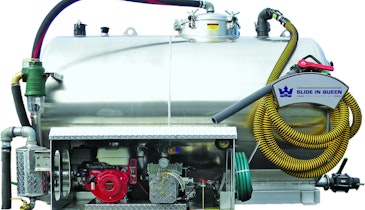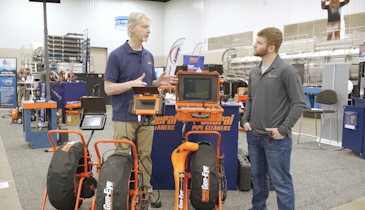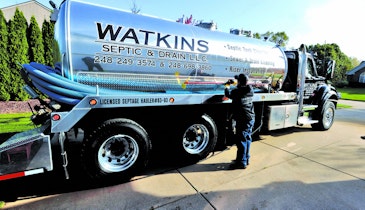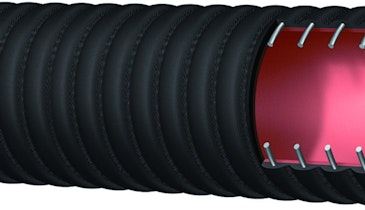Changes to the state’s septic system rules require counties to implement their own ordinances by February 2010. Otter Tail County is one of the first to issue its rules for systems treating up to 5,000 gpd. The changes include new inspection criteria for existing systems, increased tank size for new systems, and 15 percent larger tanks for households with garbage disposers and dishwashers.
The ordinance also states that new septic tanks must be marked with their capacities and insulated if installed less than two feet below grade. Furthermore, covers must weigh at least 95 pounds or be locked and bolted. The rules also require owners of new onsite systems to have a management plan, and to file a form with the county if the system is no longer operational, then fill it in or remove it.
MARYLAND
A law on septic tanks passed at the end of Maryland’s recent legislative session requires homes within 1,000 feet of Chesapeake Bay and its tidal rivers to use nitrogen-reducing technology when existing systems fail or when new homes are built. Statewide, an estimated 50,000 septic tanks are affected.
According to the Maryland Department of the Environment, just 7 percent of nitrogen pollution comes from onsite systems in the state. But that percentage jumps to 25 and 30 percent for tributaries feeding into the bay. The state’s Bay Restoration Fund, supported by the flush tax, gives grants to homeowners for upgrading or replacing systems.
GEORGIA
Effective Oct. 1, the Georgia Department of Revenue will consider charges for portable restrooms as taxable leases or rentals of tangible personal property. Any mandatory services associated with the units will also be subjected to sales and use taxes.
An ordinance proposed by Forsyth County will ban issuing permits for properties requiring onsite systems and can potentially request that properties with them connect to a sewer. The ordinance, in the public hearing stage, is at www.forsythco.com. Under News, click Second Public Hearing Regarding Forsyth County Sewer Ordinance.





